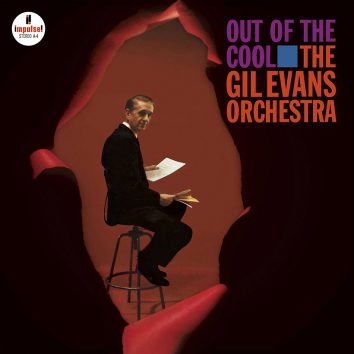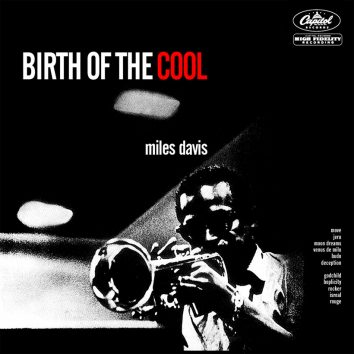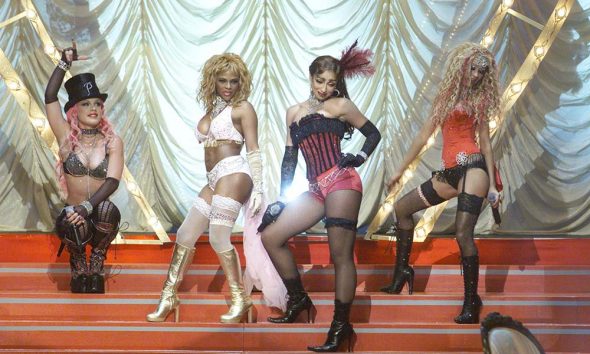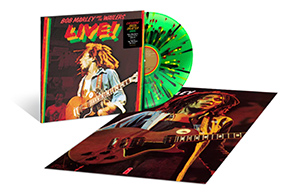‘Rebel Yell’: How Billy Idol Conquered America
The album is the sound of Billy Idol completing his transformation from British punk upstart to bona fide American rock star.
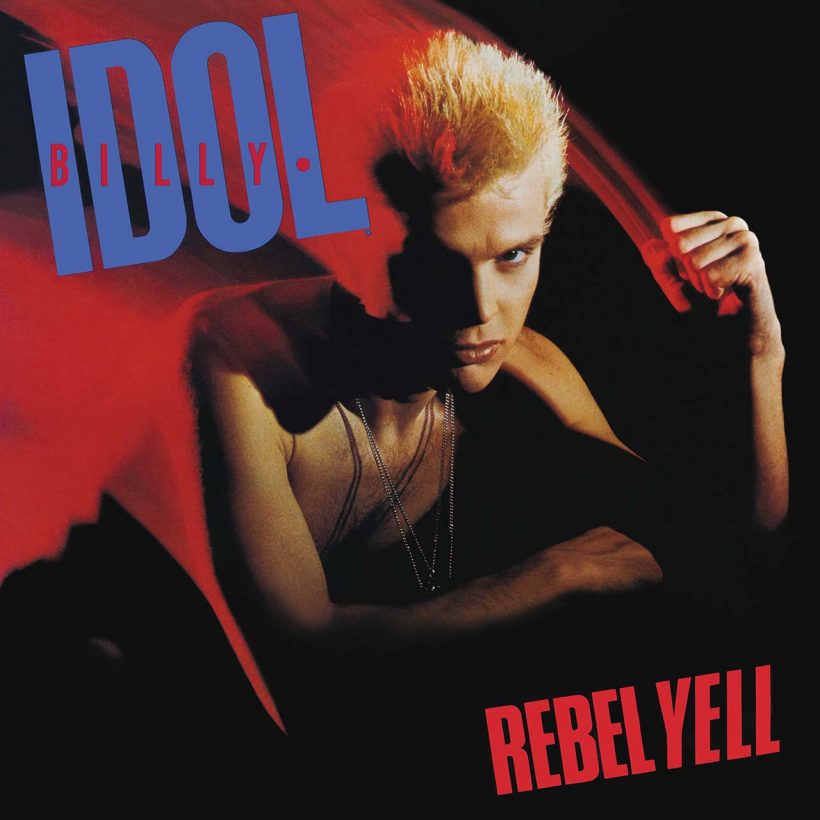
Rebel Yell is the sound of Billy Idol completing his transformation from British punk upstart to bona fide American rock star. The shift didn’t occur overnight, but it was one of rock’s most unpredictable evolutions.
In the ‘70s, the man born William Broad was part of U.K. punk’s first wave, fronting Generation X. But after the band crashed and burned, Idol emigrated to New York to reinvent himself, hooking up with Kiss manager Bill Aucoin and young guitar hotshot Steve Stevens. Idol released a self-titled 1982 solo debut LP that put him on the map in the U.S. via the soulful simmer of “Hot in the City” and the sleek-but-sinister new wave of “White Wedding.”
Rebel Yell, arriving towards the end of 1983, managed the tricky feat of doubling down on the rocking intensity while expanding Idol’s palette with more nuanced musical pigments. The double-Platinum album also marked his emergence as one of the first MTV icons, with his camera-friendly mug plastered all over U.S. teens’ TV screens.
But widespread renown didn’t dampen Idol’s attitude. As indicated by the album title, he remained a dedicated rock ‘n’ roll enfant terrible. In the wake of the record’s release, Idol serenaded Canadian fans with the title tune in the nude from his hotel room window ledge and was ejected from a BBC One radio show for foul language, and that’s just for starters.
“Rebel Yell,” a raging anthem of late-night lust and danger, is the ultimate expression of Idol’s leather-clad, spiky-haired hedonistic vision. It was inspired not by the title term’s Confederate Army origins but more appropriately by the bottle of Rebel Yell bourbon The Rolling Stones were sharing at an event Idol attended. Surprisingly, Stevens’ staccato intro was reportedly influenced by the playing of rootsy acoustic guitar virtuoso Leo Kottke.
Click to load video
Stevens’ expanded role on the album aided immeasurably in achieving a wider-ranging sound and greater success than the debut. The guitarist had co-written only one song on the first album. He’s credited on eight out of Rebel Yell’s nine. His combination of slash-and-burn riffs and textural sophistication was invaluable in defining Idol’s sound. In 1984, Creem’s Richard Riegel noted that Stevens “gives indications of becoming as indispensable to his photogenic boss as…Marco Pirroni is to Adam Ant.”
If the title track represents Idol’s unfettered id, then the No. 4 hit “Eyes Without a Face” is his superego symphony. With its unhurried pace, creamy synths, and baritone croon, the tune feels more like a precursor to The Cars’ 1984 smash “Drive” than anything from Idol’s past. Its title comes from the 1960 French horror film of the same name. But Idol’s lyrics ruminate on relationship complications, which makes the chorus repetitions of the movie’s original French title, “Les yeux sans visage,” all the more poignant when sung by Idol’s then-girlfriend, Perri Lister.
Click to load video
Album closer “The Dead Next Door” is even moodier, giving Idol another opportunity to show he’s more than a raw-throated shouter. And his Jim Morrison-esque tones on “Blue Highway” (and elsewhere) foreshadow his embrace of the Morrison mantle with his 1990 cover of The Doors’ “L.A. Woman.”
The widescreen neon splash and sensual syncopation of the album’s second Top 40 hit, “Flesh for Fantasy,” seem to hint at the kind of hits bands like Simple Minds and INXS would be dropping later in the decade (Perhaps uncoincidentally, both bands would also work with Rebel Yell producer Keith Forsey). And before “Do Not Stand in the Shadows” turns into a rampaging rocker full of the fire and flash Stevens is famous for, it kicks off with one of his most quietly stunning moments – a pointillistic intro that feels spiritually aligned with the arty impressionism of players like Bill Nelson and Durutti Column’s Vini Reilly.
Idol would forge even bigger hits than the ones on Rebel Yell. Decades later, though, the record marks the boldest moment of a career not lacking in audaciousness.





